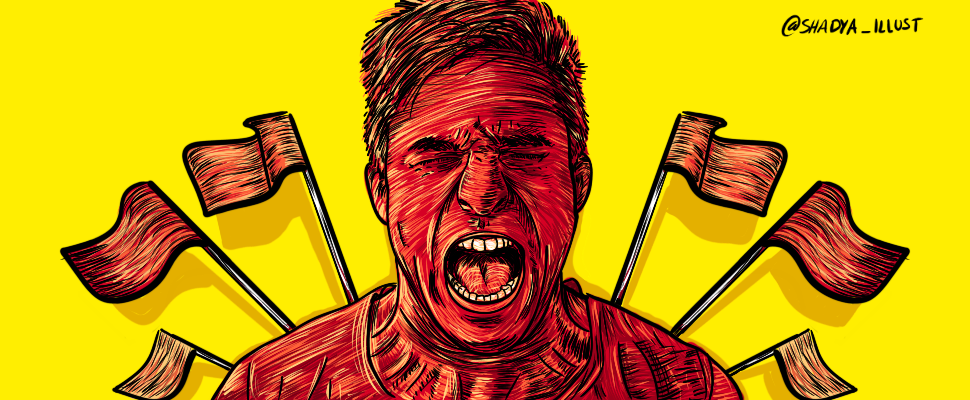“The hopes of the world rest on young people”: UN Secretary-General
"Political instability, labour market challenges and limited space for political and civic participation" are some of the problems young people face

Situations such as the one in Venezuela and Nicaragua, the one in Mexico with the drug war and the one in Colombia with the murder of social leaders, show the panorama faced by young people, even when what is sought is to ensure their protection and to guarantee opportunities for them. According to the United Nations (UN), "political instability, labour market challenges and limited space for political and civic participation have led to increasing isolation of youth in societies."
Leer en español: "Las esperanzas del mundo están puestas en la gente joven": Secretario General de la ONU
For this reason, every August 12th, the International Youth Day is celebrated with the aim of promoting the role of young people as essential partners in the processes of change, as well as creating an opportunity to raise awareness about the challenges and problems to which they face. However, Latin American geopolitics makes it difficult to achieve that purpose. This is because young people suffer most from the consequences and repercussions of the conflicts that are currently taking place on the continent. Repression, persecution, stigmatization, violence and death are some examples of this.
However, as pointed out by the Secretary-General of the United Nations, António Guterres, on the International Youth Day: "The hopes of the world rest on young people. Peace, economic dynamism, social justice, tolerance – all this and more, today and tomorrow, depends on tapping IGNORE INTO the power of youth. Yet more than 400 million young women and men live amidst armed conflict or organized violence. Millions face deprivation, harassment, bullying and other infringements of their rights."
Youth action in Latin America
This context has led to the emergence of several student, social and political movements led by young people. In the middle of this panorama, this population has taken it as a personal mission to avoid that they role within the society is reduced to being victims of their countries conflicts. In Nicaragua, Venezuela, Mexico and Colombia, young people have led actions of rejection of the violence perpetrated by their governments or some armed groups, both legal and illegal, even though persecution, stigmatization and attacks against them are increasing.
The International Youth Organization for Iberoamerica (OIJ, by its acronym in Spanish), for example, promotes a campaign called #RompiendoEsquemas, which seeks to reflect on how young people face different problems such as stigmatization. This is based on labels that affect criminalization, persecution and violence, one of the common denominators that are evident in the conflicts.
You can also read: "You, the new generation of Colombians, it's time to take charge of your life": Joe Biden
"We observe with suspicion some of the issues that we have inherited, and we verify a series of movements that the young people are activating. In the face of the evidence, we ask ourselves: what are the young people doing to modify the patterns, models and schemes that do not fit them? This 2018, our focus is on the groundbreaking actions, those that modify the inherited schemes. Actions, projects and ideas that aspire, from their simplicity projection or audacity, to achieve micro (macro?) improvements in a world that evolves or mutates," explained the OIJ.
This campaign seeks to make visible and promote alternative actions carried out by young people, which break with pre-established models or systems in areas such as equality, sustainability, rights, employment and entrepreneurship, cultural action, democracy and participation; and that reveal other ways of doing, thinking and acting.
It is worth remembering one of the contributions of the final declaration of the V Young Americas Forum held at the last Summit of the Americas, which took place in Lima in April 2018. Aware of the current situation of Latin American youth, the young people who attended the forum made it clear that their role in these conflicts is not to be passive subjects, but active citizens and generators of change.
"We want to become ambassadors of change that encourage the participation of more young people in issues of solidarity to our society, promoting democratic values and civility, combining open and inclusive dialogue, and negotiations between authorities and citizens, being citizens that generate change and that share their opinion and willingness to work with our presidential leaders, the inter-American institutions and the sectors in general. "
LatinAmerican Post | Samuel Augusto Gallego Suárez
Translated from ""Las esperanzas del mundo están puestas en la gente joven": Secretario General de la ONU"





